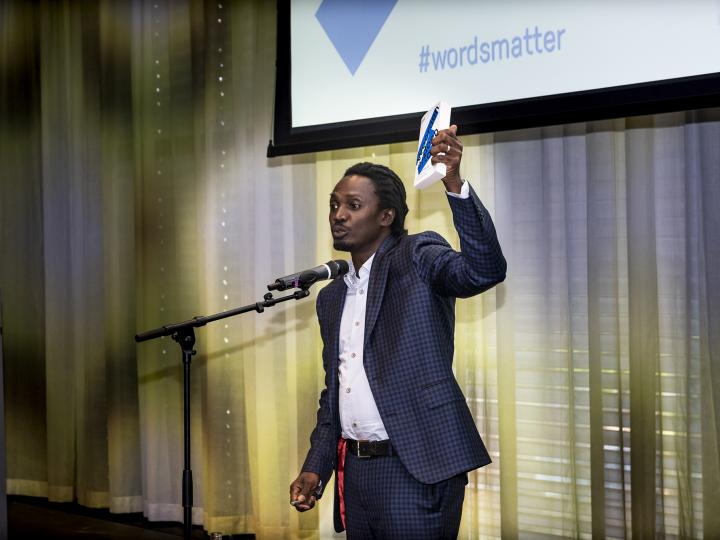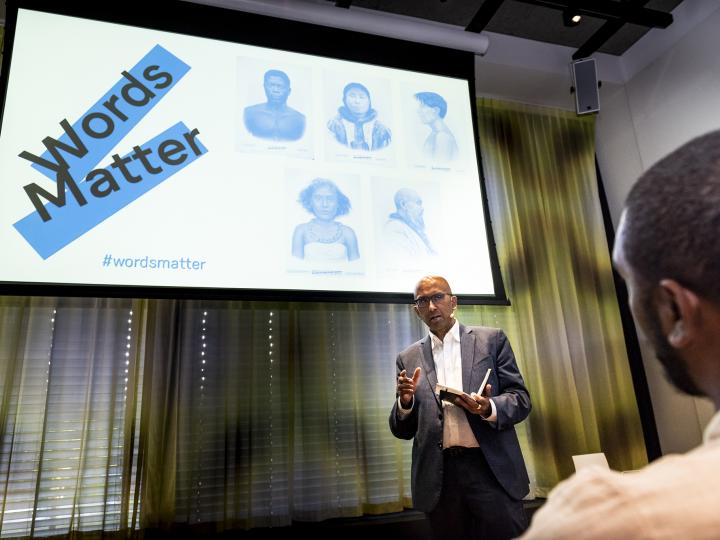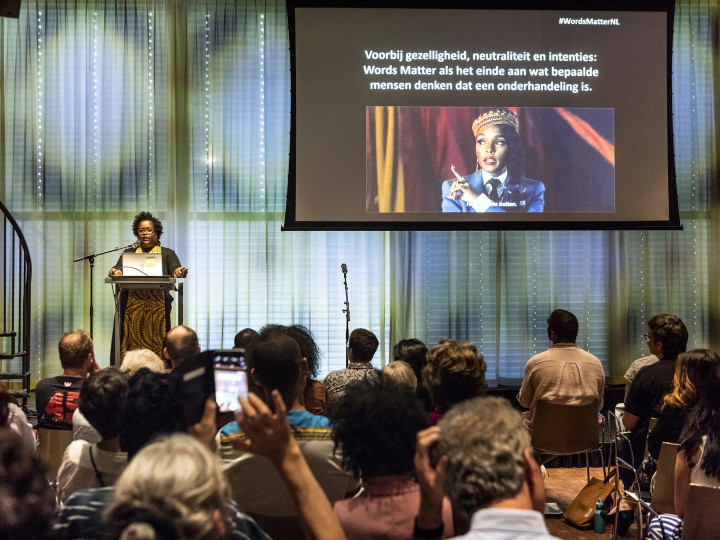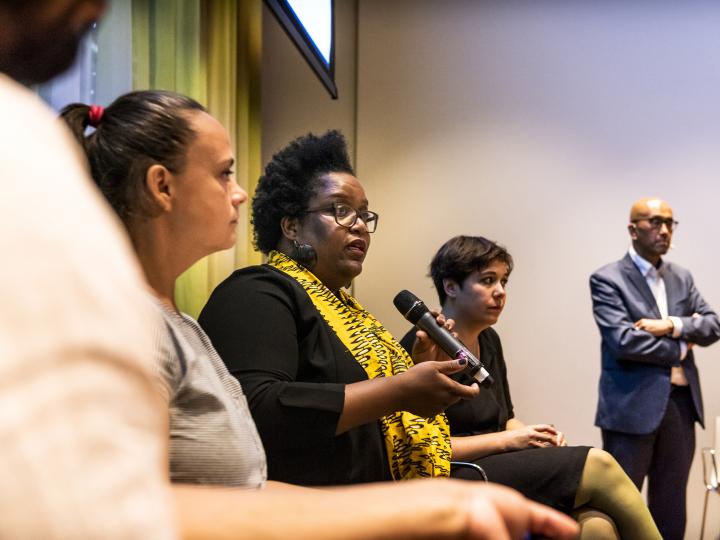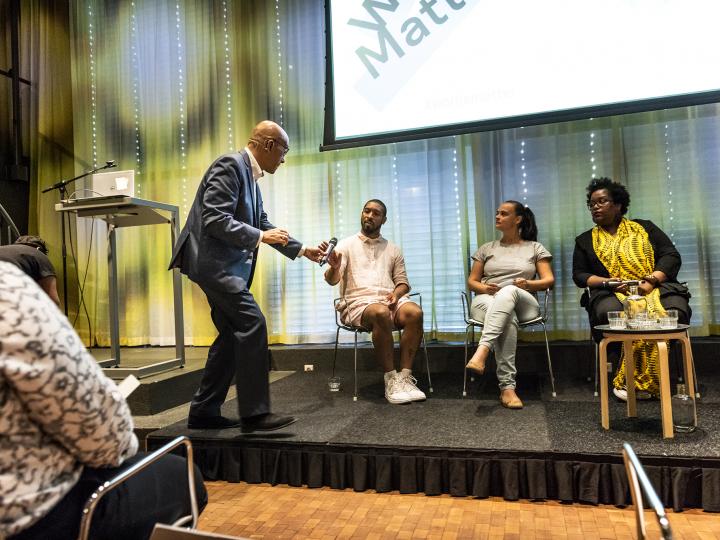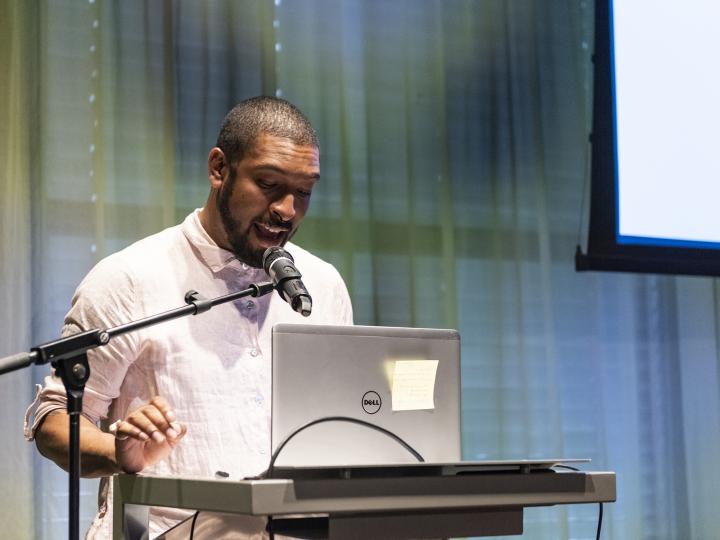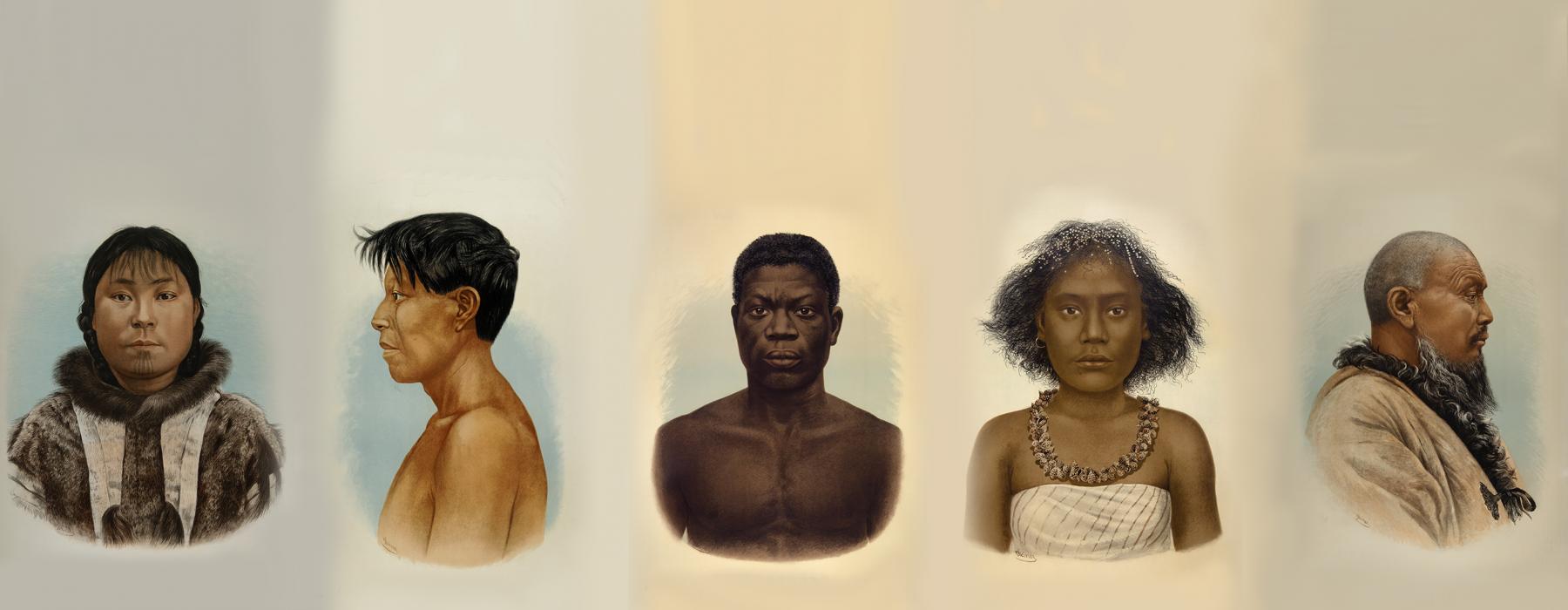
Recent controversy in the Netherlands surrounding whether museums should change the titles of some of their paintings and refrain from using discriminatory words in wall texts or catalogues is in part the lead up to this publication and symposium series. The emotionally and politically charged nature of discussions in the media surrounding the proposed changes should persuade anyone in doubt that words matter, that language matters. This is not an issue for just a small group of experts, but it is ongoing dialogue between colleagues, neighbors, strangers and friends. It is a discussion that is embedded in a larger societal dialogue that debates issues of citizenship, belonging and representation in The Netherlands and beyond.
In fact, when working with ethnographic collections today, one is always aware of the shadows of colonial categories and the critiques of words (and images) long held by those we try to represent. Indeed, it is not just words that matter: the perspectives or the position from which one writes or displays also matters. In this context, it is important to interrogate our personal and institutional relationships to categories, terminologies and meanings. To whom does language belong? In what ways can language become more inclusive to those who have been marginalized or excluded within our societies and institutions? Who is included in or excluded from ‘modern’, 'non-Western’, ‘traditional’, ‘us’ and ‘them’? Is disability the right term to use to describe people who are differently-abled? And what is the correct pronoun to describe someone who self-identifies as transgender?
The publication WORDS MATTER is the physical manifestation of the museum’s long-term commitment to becoming a more inclusive institution and is the result of multiple, long-term projects that aim to dissect and dismantle some of the complex contested words, stereotypes and concepts that are present not only in cultural institutions, but also the media and society at large. The symposium (in Dutch and English) is a critical celebration and a stage for artists, academics and the audience to question, refuse, provoke and engage (with) contested languages and their presence within our institutions, societies and relationships.
The program consists of two events: a day program for museum and culture sector professionals, and an evening program for the public.
